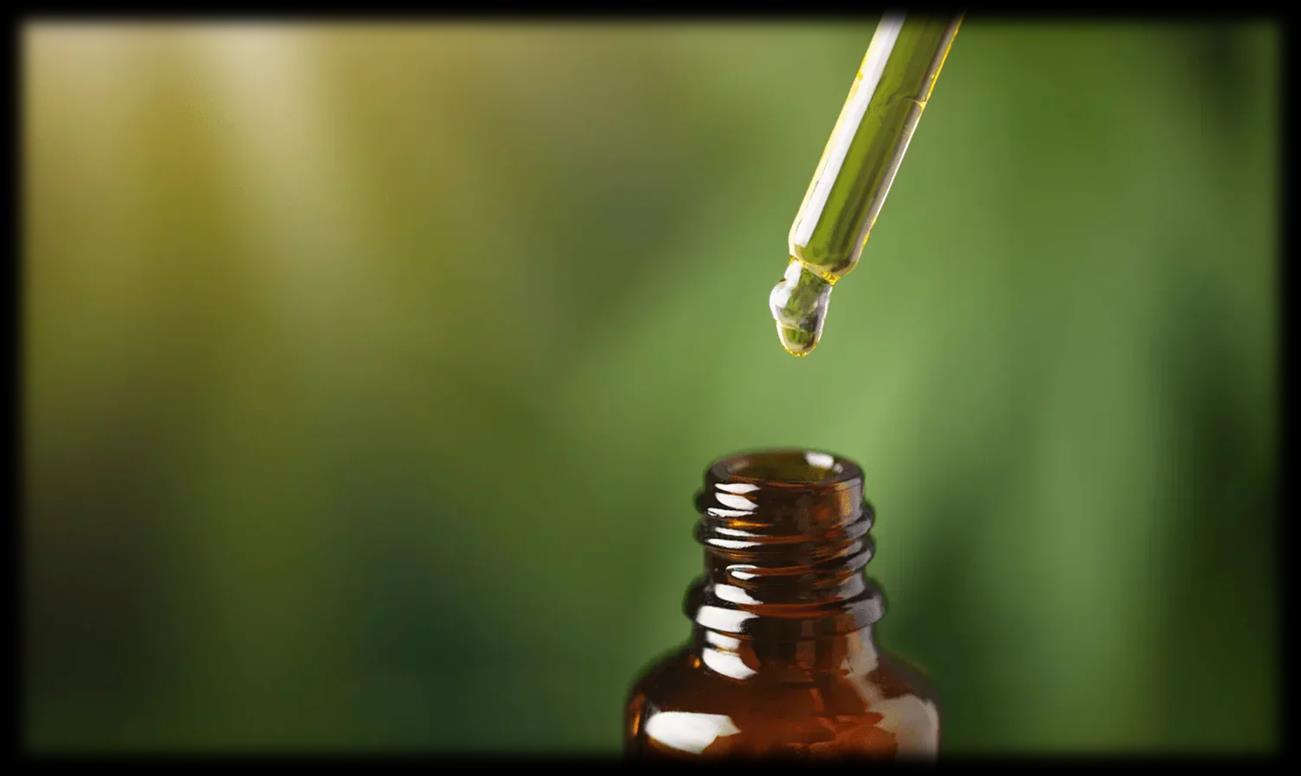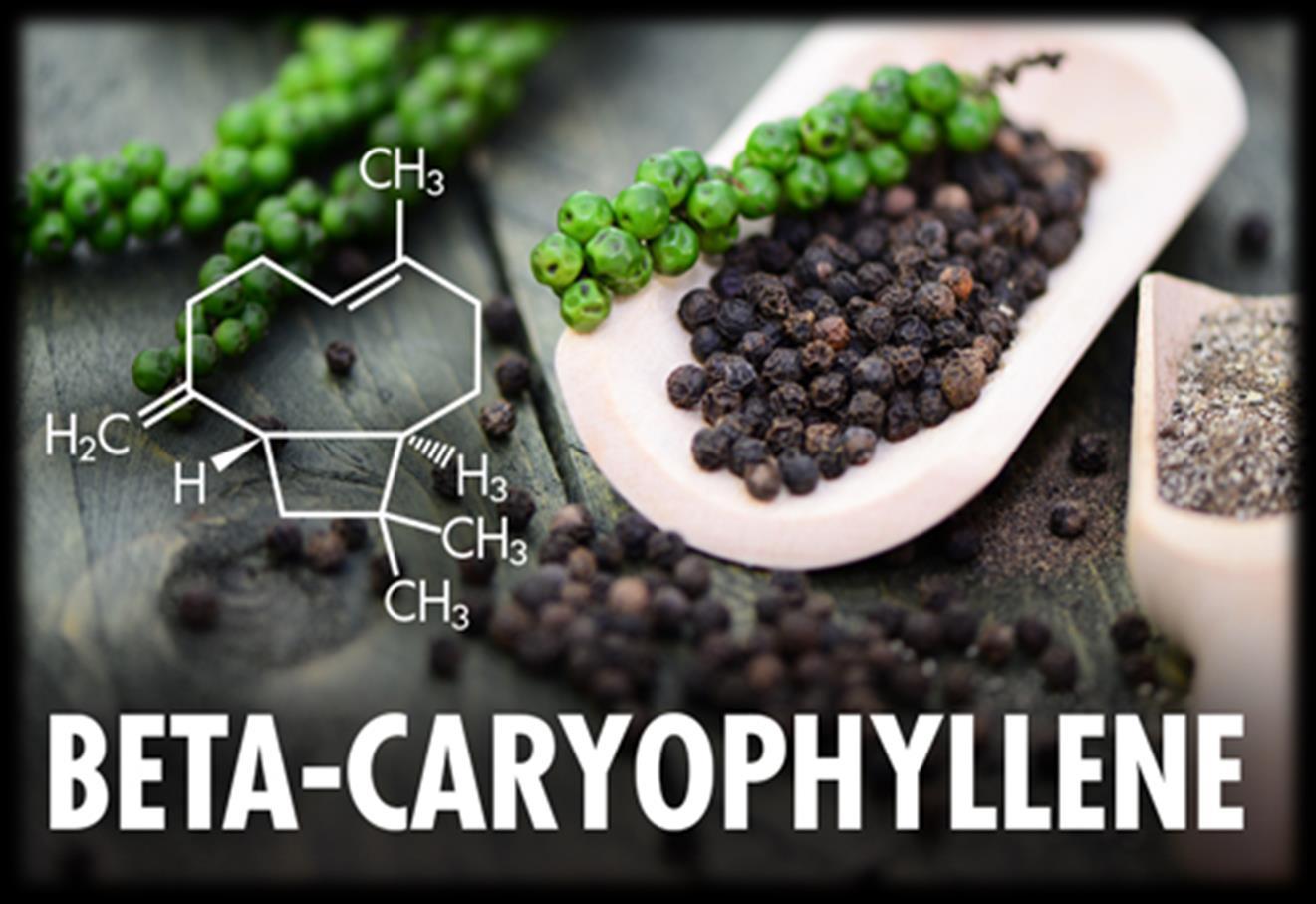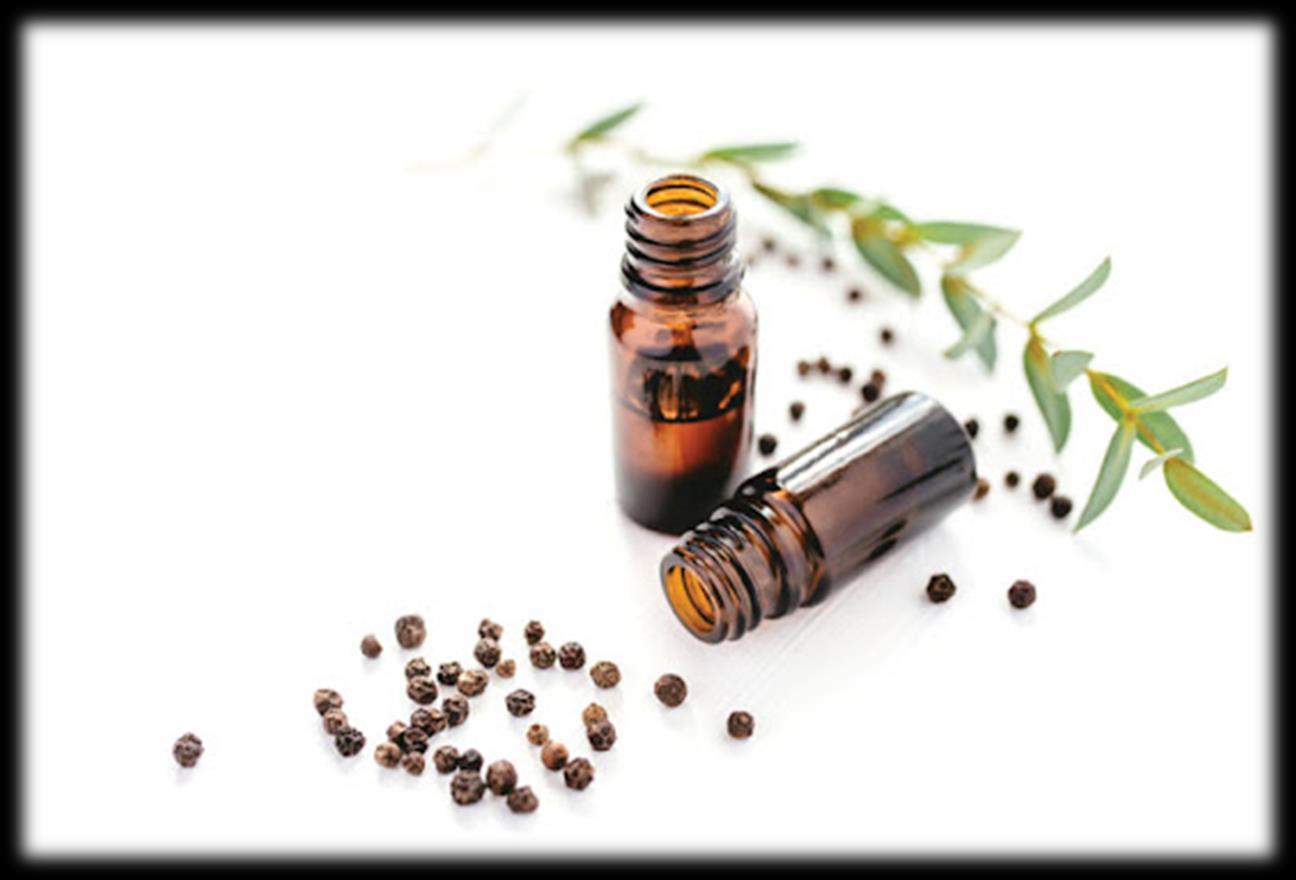














Beta-caryophyllene is a bicyclic sesquiterpene commonly found in various herbs and spices. It has a woody, spicy aroma and is a major component of essential oils derived from black pepper, copaiba, rosemary, and cannabis. Unlike many other terpenes, β-caryophyllene can directly interact with the body’s endocannabinoid system, making it unique in its function and benefits.
Most notably, BCP is the only terpene known to selectively bind to CB2 receptors in the human body without causing psychoactive effects. This characteristic sets it apart from other cannabisderived organic compounds and opens the door to a wide range of therapeutic applications.
The human body contains a complex system known as the endocannabinoid system (ECS), responsible for regulating many physiological processes like pain, inflammation, mood, and immune response. Beta-caryophyllene binds directly with CB2 receptors, which are primarily located in the peripheral organs and immune cells
Because β-caryophyllene does not interact with CB1 receptors the ones linked to psychoactive effects it offers a safe and natural alternative for individuals seeking relief without the "high" typically associated with cannabis. This interaction makes BCP particularly promising for addressing chronic inflammation, autoimmune disorders, and neuropathic pain




One of the most talked-about benefits of beta-caryophyllene is its strong anti-inflammatory potential. Research has shown that β-caryophyllene may help reduce inflammation at the cellular level, making it beneficial for conditions like arthritis, asthma, and even inflammatory bowel disease. Since inflammation is a root cause of many chronic diseases, incorporating BCP into wellness routines could offer substantial relief.
Due to its unique ability to bind to CB2 receptors, BCP can act as a natural analgesic. It works by dulling the sensation of pain without affecting cognitive functions. This makes β-caryophyllene a valuable addition to natural pain management strategies, particularly for those looking to reduce dependency on synthetic painkillers.
A balanced immune system is critical for overall health. Beta-caryophyllene has been shown to support immune modulation, helping the body respond more effectively to pathogens and inflammation. This makes β-caryophyllene a great natural supplement for those prone to frequent illnesses or dealing with autoimmune issues
Another promising area of research focuses on BCP’s potential to alleviate stress and anxiety. By indirectly influencing serotonin pathways and reducing inflammation, β-caryophyllene may help support mood stability and relaxation without the side effects associated with pharmaceutical drugs
If you’re looking to incorporate BCP into your daily life, you don’t have to rely solely on supplements. Many natural sources contain high levels of beta-caryophyllene, including:
Black pepper: A potent culinary spice and medicinal herb.
Clove oil: Used traditionally for pain relief and oral care
Copaiba oil: Extracted from the resin of Copaifera trees and rich in β-caryophyllene.
Hops: Commonly found in beer and herbal remedies
Cannabis: Especially in strains known for their relaxing properties.



These plants not only add flavor and aroma to food but also contribute to your wellness regimen thanks to their rich BCP content

There are various ways to include β-caryophyllene in your lifestyle, such as through essential oils, dietary supplements, or whole herbs. Always choose high-quality, organic sources to ensure purity and potency.
For example:
Topical creams with BCP can be applied directly to areas of pain or inflammation.
Aromatherapy oils infused with beta-caryophyllene offer both olfactory pleasure and wellness benefits.
Supplements and tinctures standardized for β-caryophyllene content can support overall immune and stress management.
It’s advisable to consult a healthcare provider before starting any new supplement, especially if you have pre-existing health conditions.



Although the current research on BCP is already promising, scientists continue to explore new ways this terpene can be used therapeutically. Its ability to selectively target CB2 receptors makes it a strong candidate for developing non-psychoactive cannabinoid-based therapies. As consumer interest in natural wellness grows, we can expect beta-caryophyllene to play an even greater role in holistic health solutions

What makes beta-caryophyllene different from other terpenes?
Beta-caryophyllene is unique because it interacts directly with the CB2 receptors of the endocannabinoid system, offering therapeutic effects without any psychoactive impact.
Is β-caryophyllene safe to use daily?
Yes, when used in appropriate doses from trusted sources, β-caryophyllene is generally considered safe for daily use. However, consulting a healthcare professional is always recommended



While foods like black pepper and cloves contain BCP, therapeutic doses are typically achieved through concentrated essential BCP oils or supplements
Does β-caryophyllene cause a “high” like THC?
No, β-caryophyllene does not bind to CB1 receptors and therefore does not produce psychoactive effects.
Yes, multiple studies have shown that BCP has anti-inflammatory and analgesic properties, making it effective for natural pain relief.
The buzz around beta-caryophyllene in the natural wellness world is well-deserved. With its ability to engage the endocannabinoid system, combat inflammation, reduce pain, and promote emotional balance, BCP products are proving to be a vital player in the future of plant-based medicine. As research advances and consumer awareness grows, BCP is poised to become a cornerstone of holistic health practices for years to come
